In the third grade, I won a spelling bee. My prize was a shiny new green pencil and a pristine pink eraser, wrapped together with an oft-used rubber band (we called them “elastics”).
I have no recollection of the words I spelled, but I checked what today’s third graders are spelling. Some examples:
enough
thought
difference
easy
photograph.
There was no way Mrs. Johnson could have known how much the spelling of these words would change in a few decades. I feel like turning back my pencil and eraser.
In the 18th century, Benjamin Franklin proposed a new, phonetic alphabet (what didn’t the man take an interest in?) His alphabet consisted of all the letters we’re familiar with, except there was no c, j, q, w, x, or y, on the grounds that they were redundant; and there were six additional letters, such as th, to provide for sounds that needed representation.
There wasn’t much interest in his proposal, even though he had the means to commission a foundry to prepare type for the new letters.
I wonder what he or Mrs. Johnson would think of “spelling” in today’s world of texters? I don’t recall a formal proposal or RFPs for new type foundries, but there’s no question that we have a more phonetic approach to spelling, much as he’d recommended:
enough –> nuf
thought –> thot
difference –> diff
easy –> EZ
photograph –> foto, or pic
Will improved technology (better ergonomics for finger/keyboard interaction, e.g.) take us back to enough, thought, difference . . . ?
It’s not so simple. Here are some examples from a list of 1400 abbreviations I found for texting and chatting on line.
TMI means too much information
411 means information
POS means parent over shoulder
And more Netlingo:
**// means wink, wink, nudge
*$ means Starbucks
Even if you use only the most common acronyms (LOL, BFF, ROFL), I’ll bet you don’t write
I won’t be late; I’ll see you soon, but rather Not L8; CU soon.
Or some variation.
It seems to me that technology is driving this “evolution” of language, starting with spelling and grammar. Has it always been that way – technology as the tool of change?
Do you text? How’s your spelling?
Is anything the same as it was in third grade?
Both comments and pings are currently closed.
 Filed Under :
Filed Under :  Apr.3,2014
Apr.3,2014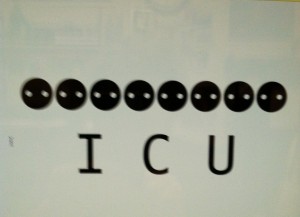
 Tags :
Tags : 












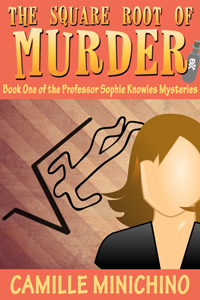







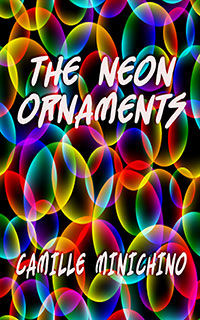





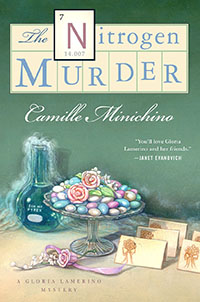
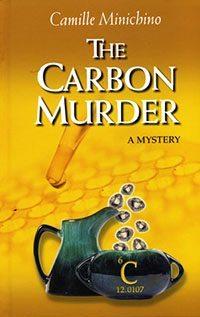

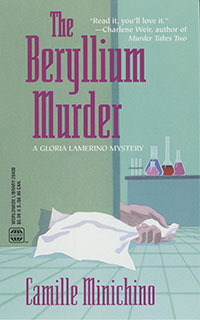
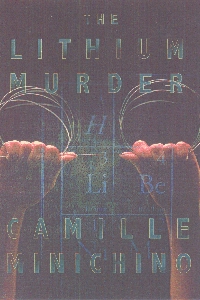
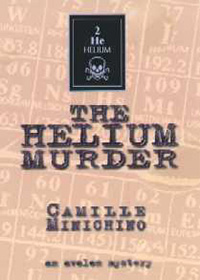

People will still make typos.
And Auto-Correct will still guess wrong about what was intended.
(I recently got an e-mail in which I was able to guess what was meant by context, but the sender’s Auto-Correct guessed wrong every time. I’ve also received e-mails in which the typos were so bad — or the Auto-Correct was so bad — that I couldn’t even guess what the real words should have been.)
Texters and tweeters must have their Auto-Correct and spelling checkers turned off or they’d never get anything sent and understood.
TTFN
I’m hoping Siri will bring back correct spelling by not requiring people to actually type themselves.